The PFA has urged its members to join the social media boycott that will take place between April 30 and May 3.
The Premier League, Women's Super League and EFL are among those to have signed up to an online blackout at the end of the month intended to help eradicate prejudice and discrimination in sport.
Leading sides and organisations across the country will be shutting their social channels down across four days, with a full programme of competitive fixtures set to take place that weekend.
What has been said?
The PFA has said in a statement calling for more support to that cause: "As players, your collective voice and influence has the power to hold multinational companies to account and sends a powerful message to a global audience - abusive behaviour is unacceptable.
"The PFA is also calling on major brands and sponsors, who work with players, to switch off and pull their funding on the platforms during the boycott.
"We know from our members' first-hand accounts that online hate causes trauma. The impact of the abuse can also extend to family members and impressionable fans. We want more significant levels of action from the social media companies and platforms to take greater responsibility for tackling racism and discrimination on their channels.
"Football is calling for the use of filtering, blocking and swift takedowns of offensive posts, improved verification processes and re-registration prevention."
Who is already involved in the boycott?
The FA, Premier League, EFL, FA Women's Super League, FA Women's Championship, PFA, LMA, PGMOL, Kick It Out and the FSA will all take part in the boycott.
Social media channels across English football will shut down between 3pm GMT on Friday April 30 and 11.59pm on Monday May 3.
A statement released when that action was revealed read: "As a collective, the game recognises the considerable reach and value of social media to our sport. The connectivity and access to supporters who are at the heart of football remains vital.
"However, the boycott shows English football coming together to emphasise that social media companies must do more to eradicate online hate, while highlighting the importance of educating people in the ongoing fight against discrimination.
"In our letter of February 2021, English football outlined its requests of social media companies, urging filtering, blocking and swift takedowns of offensive posts, an improved verification process and re-registration prevention, plus active assistance for law enforcement agencies to identify and prosecute originators of illegal content.
"While some progress has been made, we reiterate those requests today in an effort to stem the relentless flow of discriminatory messages and ensure that there are real-life consequences for purveyors of online abuse across all platforms.
"Boycott action from football in isolation will, of course, not eradicate the scourge of online discriminatory abuse, but it will demonstrate that the game is willing to take voluntary and proactive steps in this continued fight."
The bigger picture
The PFA has also called upon major brands and sponsors to join the protest across football in England.
According to their statement, a report into online abuse during Project Restart in 2020 uncovered 825,515 tweets directed at players, of which over 3,000 were considered to be abusive and more than half of those contained racist abuse.
There have been many more examples emerge during the 2020-21 campaign, with Kyle Walker the latest to ask "when is this going to stop?" after being targeted by trolls in the wake of Manchester City's 1-0 win over Tottenham in the Carabao Cup final.
Arsenal legend Thierry Henry has removed himself from social media until the companies involved take decisive action against those responsible for spreading hate, with the expectation being that many more players will take similar action.
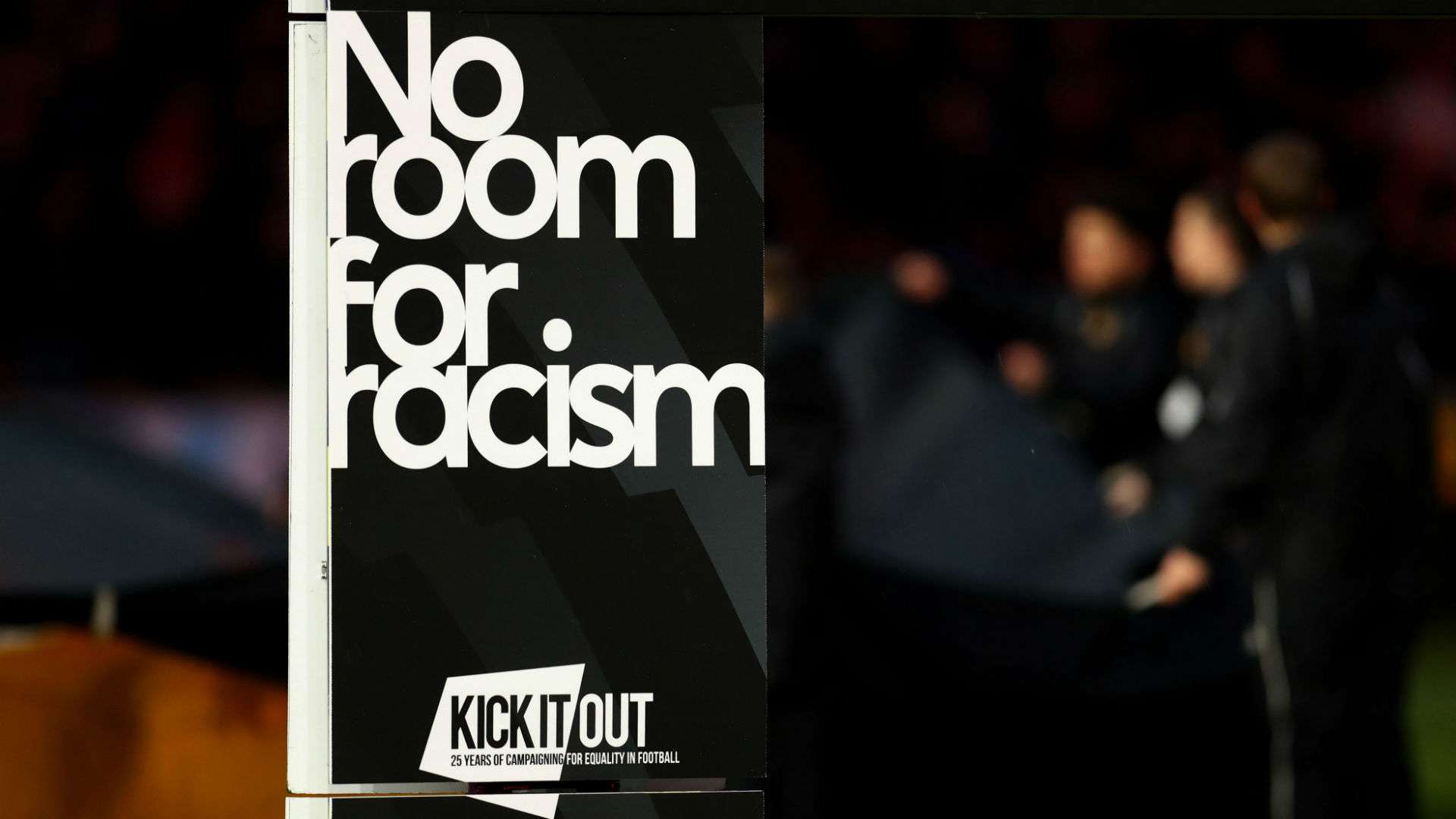
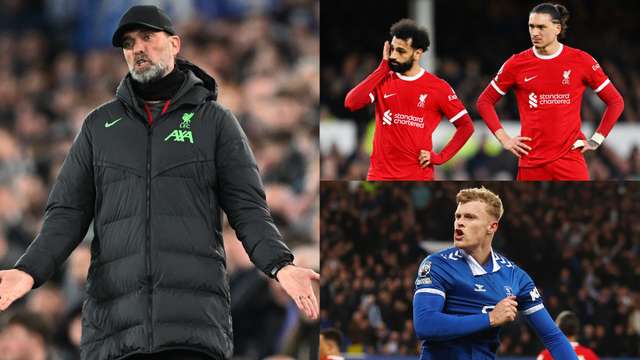
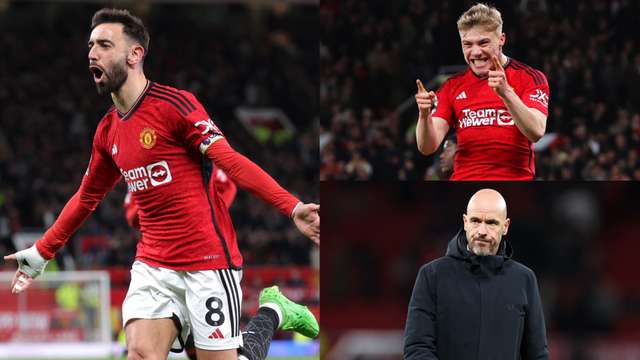
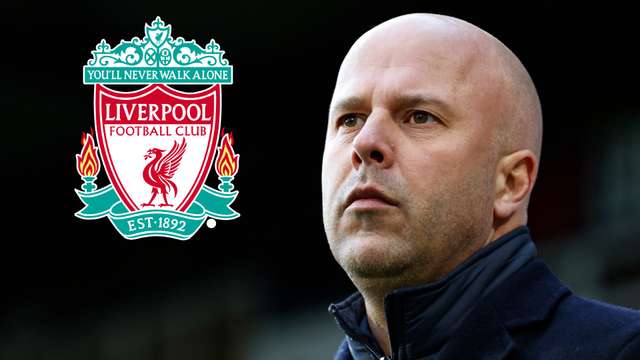
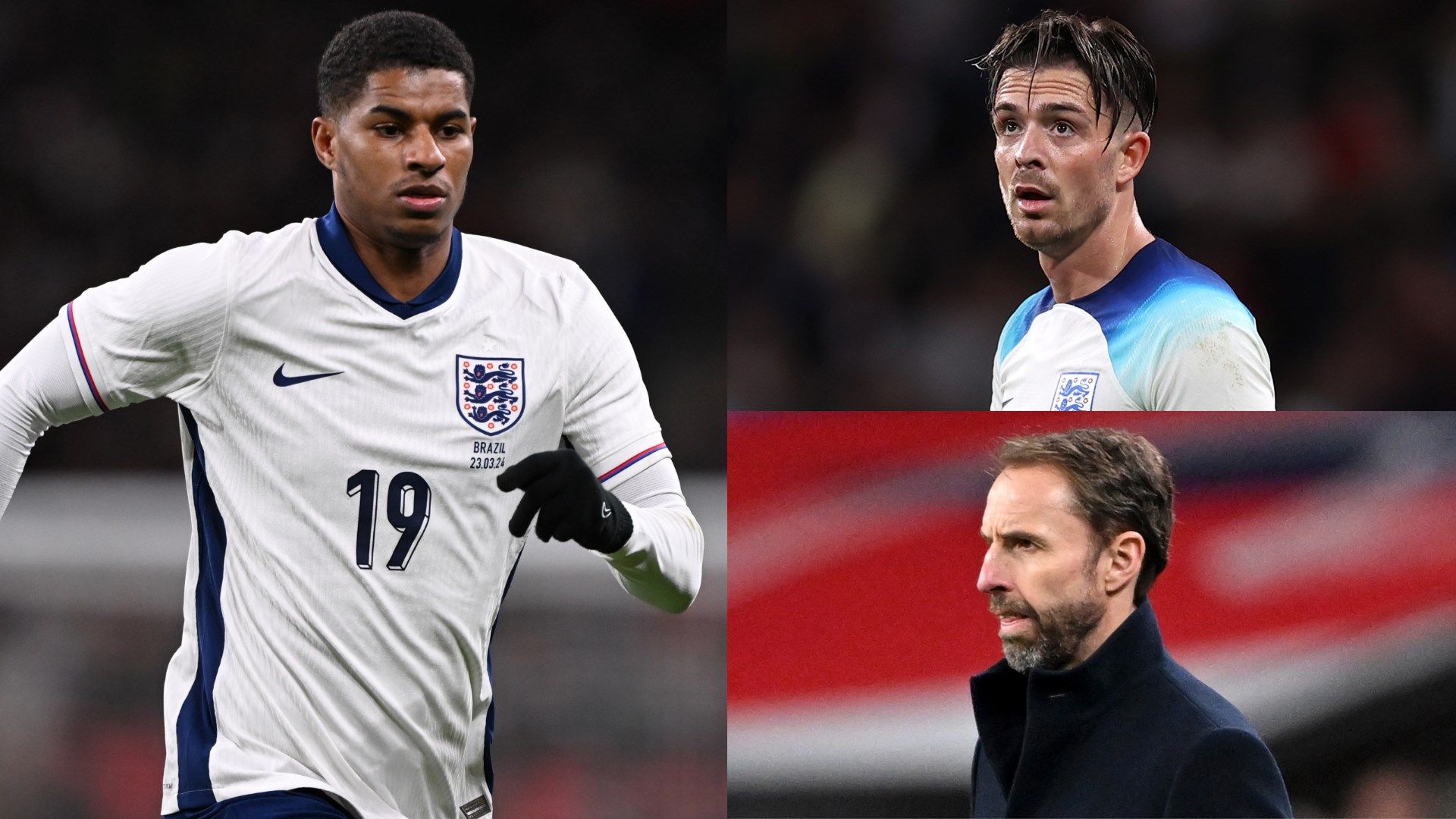.jpg?auto=webp&format=pjpg&width=640&quality=60)